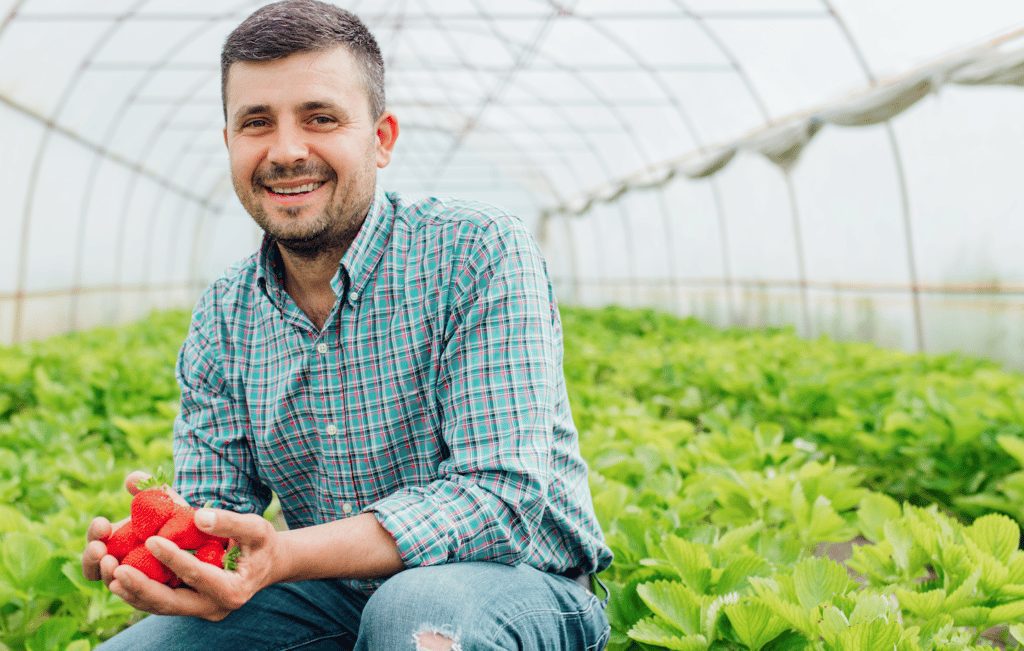Source: Agbiz media statement, 17 February 2021, photo credit: 123RF/alexandrmusuc
The services of the Institute for Futures Research (IFR) at Stellenbosch Business School were retained to explore the futures of work in the agricultural sector of South Africa. This was a comprehensive project, spanning over 10 months and involving several stakeholders, including government, industry, and interest groups.
Agbiz, Agri SA and other role players in the agricultural value chain participated in the study and provided inputs into the scenario-planning exercise. Agricultural value chains are vital to the South African economy not just within the context of food security, but also to drive economic growth and employment.
The President’s Economic Recovery Plan places a great deal of emphasis on the agricultural sector as it is a sector that performed relatively well despite the economic downturn that accompanied the Covid-19 pandemic. Even before Covid, the global movement towards a ‘just transition to a lower carbon economy created the expectation that the economy of the future will be driven by green sectors.
Within the South African context, a quarter of our country’s employment is derived from carbon-intensive industries. Agriculture and tourism are seen as the two primary sectors that will need to create employment as opportunities in carbon-intensive sectors decline over time. This places significant pressure on the agricultural sector and it is important to understand the type and scope of jobs that will be required by the sector as we enter the fourth industrial revolution.
To remain internationally competitive, the sector has embraced technology, automation and big data to improve efficiencies. This will have a direct impact on the labour market and the demand for skills.
Read more
The South African Pork Producers’ Organisation (SAPPO) coordinates industry interventions and collaboratively manages risks in the value chain to enable the sustainability and profitability of pork producers in South Africa.
















